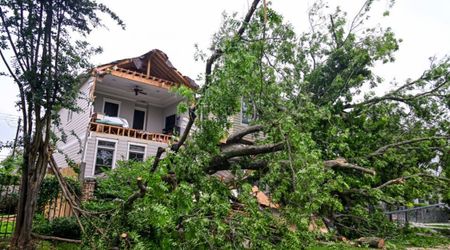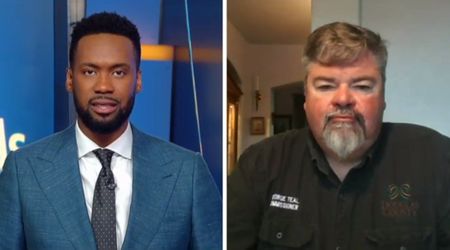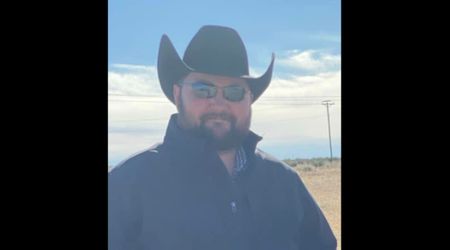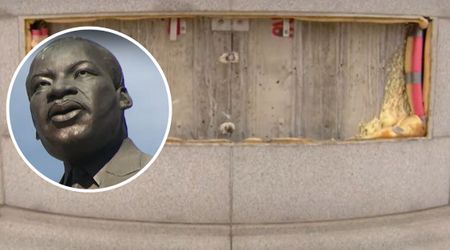Sunshine State Sonar divers risk lives in murky, alligator-ridden Florida waters to solve 'extremely dangerous' cold cases
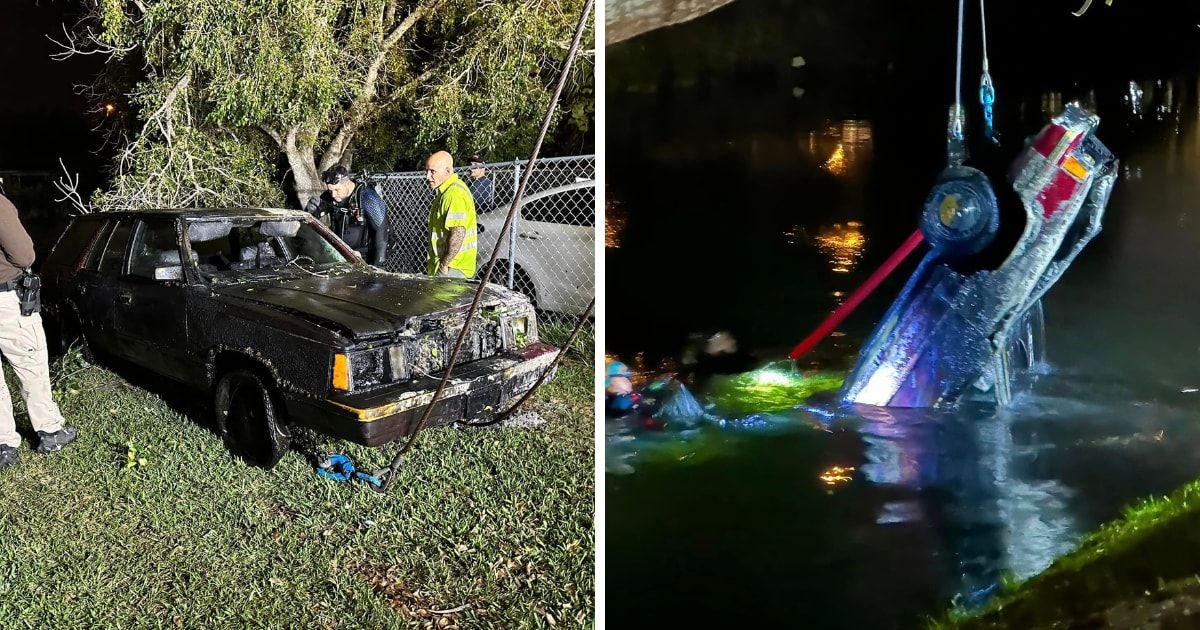
MIAMI, FLORIDA: Braving the alligator-infested waters of Florida, the volunteer divers from the non-profit organization Sunshine State Sonar are dedicated to locating missing individuals, vehicles, or vessels presumed to be in water bodies.
Remarkably, they discovered 250 cars in the year 2023 alone, per USA Today.
Their courageous efforts have already yielded significant results. Just this year, they have located four bodies, adding to a total of eleven recoveries and aiding in the resolution of eight cold cases.
One of their most notable discoveries was the remains of Maureen Sherman, a mother of four who had been missing for 38 years.
In the United States, around 630,000 people are reported missing each year, with 90,000 of them never found.
This equates to nearly one million people who have remained unaccounted for over the past decade.
Who is the founder of Sunshine State Sonar?
In a conversation with Dailymail, Mike Sullivan, the founder of Sunshine State Sonar, provided insight into the risks associated with their remarkable efforts.
"There is never a dull moment in our organization. What we do is extremely dangerous," he stated. "We are diving in canals, retention, ponds and lakes, infested with alligators, water moccasins and other harmful creatures."
"But to find someone that has been missing thirty-eight years is an incredible feeling."
Due to limited time and resources, police often struggle to conduct thorough searches in bodies of water for long-standing cold cases.
This is where volunteer divers, such as those from Sunshine State Sonar, step in, especially in Florida with its 85,000 waterways.
The missing persons they search for vary widely, from accident or DUI victims to individuals with dementia, occasional suicides, and cases of foul play.
The work is physically demanding and fraught with danger.
The dive teams reportedly start their process by carefully building databases of missing persons and using tools like Google Maps to trace possible routes taken and pinpoint nearby bodies of water.
"We search the water where they were last seen and where they were traveling to and from in hopes of finding them in their vehicles," Sullivan stated.
"Usually when someone goes missing, their vehicle will show up somewhere abandoned. When decades go by and that vehicle never shows up, it could be underwater. Those are the cases that we go after," he noted.
"We have dozens of cases we are working on at the moment. We specialize in cases where people went missing with their vehicle," Sullivan added.
What are the risks Sunshine State Sonar divers face?
Armed with sonar equipment that can identify objects underwater, the team embarks on their search in Florida's water bodies.
Their task involves combing through mud to locate fragmented skeletal remains.
The hazards they face include biohazards from decomposing human or animal remains and encounters with alligators.
To protect themselves and enable quick descents, team members wear full-face masks, as alligators are known to attack from below.
"The water we dive in sometimes is flat-out sewage," Sullivan told the outlet.
"We're not only financing this total operation ourself, but we also risk our lives on a daily basis doing this. The diving is usually zero visibility, with everything being done by feel," he added.
Maureen Therese Sherman's case
The discovery of Maureen Therese Sherman's red car, found 32 feet below the surface in a Miami canal, led to the identification of human remains within, providing resolution to a case that might have otherwise remained a mystery.
In a Facebook post, the Sunshine State Sonar team acknowledged the joint efforts of Adventures With Purpose and the Miami-Dade Police Department.
According to USA Today, Sullivan revealed that the canal, where Sherman's car was discovered after she had been missing from her nearby home since 1985, contained 24 cars.
Sandra Lemire's case
In January, Sunshine State Sonar discovered the remains of Sandra Lemire, a mother of three who had been missing for over a decade after an online meetup.
Her remains were found in a van submerged in a pond near Disney World. The group announced on Facebook that they had located the 47-year-old’s body along with her personal belongings.
Lemire, originally from Michigan, had moved to Florida to look after her grandmother, Pauline Varner, and was last seen in May 2012.
In January 2023, the team located the remains of Karen Moore, a 53-year-old woman who had disappeared in June 2001, more than two decades earlier.
Her remains were found in a pond close to her home.
The recovery operation involved volunteer divers, among them Ken Fleming from Recon Dive Recovery.
They dedicated nearly five hours to the task, braving the murky waters to retrieve a bone fragment that was buried approximately 18 inches deep in the sediment.
Who supports the rescue missions?
Sullivan shared that the organization operates entirely on the support of a small volunteer team, consisting of three full-time members and five part-time workers.
The full-time team includes Sullivan himself, John Martin, and Shelly McKinney.
To fund their rescue missions, they rely on donations through a GoFundMe campaign. "Between all of the volunteers this operation costs around $50,000 per year. Most of that is fuel and housing," he added.

